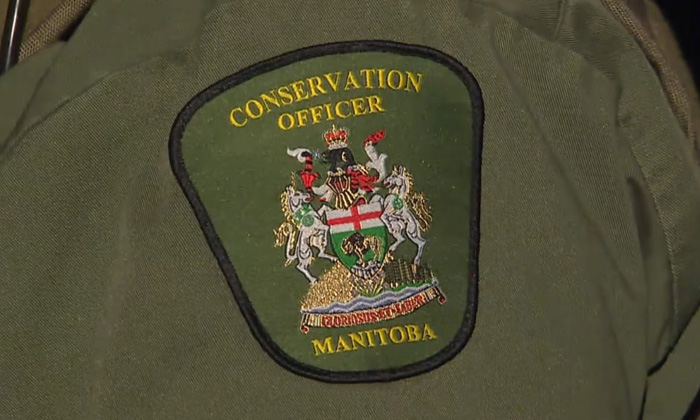Manitoba Conservation Officer Service is reporting a number of incidents that occurred in February involving the protection of wildlife in the province.
On Feb. 1, conservation officers from Brandon responded to a call at a landfill concerning two white-tailed deer that were locked together at the antlers and tangled up by rope. The deer were exhausted but still able to move, so conservation officers worked together to remove both sets of antlers and a large ball of twine, ultimately freeing the deer. Animal control officers were able to later confirm that the deer had recovered and left the area.
On Feb. 20, conservation officers from Swan River received a call from a trapper advising he had accidentally caught a cougar in a foothold trap south of Minitonas on the edge of Duck Mountain Provincial Forest. Conservation officers and wildlife biologists responded to the call. The sub-adult female cougar was immobilized and outfitted with a GPS tracking collar. The cougar had minor injuries to the foot, but nothing that will be long lasting. The cougar was released on site and wildlife staff will monitor its movements through data uploaded by the GPS collar. Little is known about cougars in Manitoba and this is the first cougar to be collared in Manitoba. The information gathered by the GPS collar will assist wildlife staff in learning more about the habits and home range of cougars in western Manitoba.
These are two examples of the ways the Manitoba conservation officer service protects, conserves, enhances and manages more than 35,000 species of wild plants and animals every day. Through education and enforcement, conservation officers spend a lot of time in communities protecting public safety and Manitoba’s natural resources.
Conservation officers also respond to a variety of calls for service across Manitoba and always appreciate public support in efforts to reduce illegal activities that harm wildlife or the environment.
Anyone with information on illegal hunting activities is encouraged to contact a local conservation office or the TIP hotline at 1-800-782-0076.


